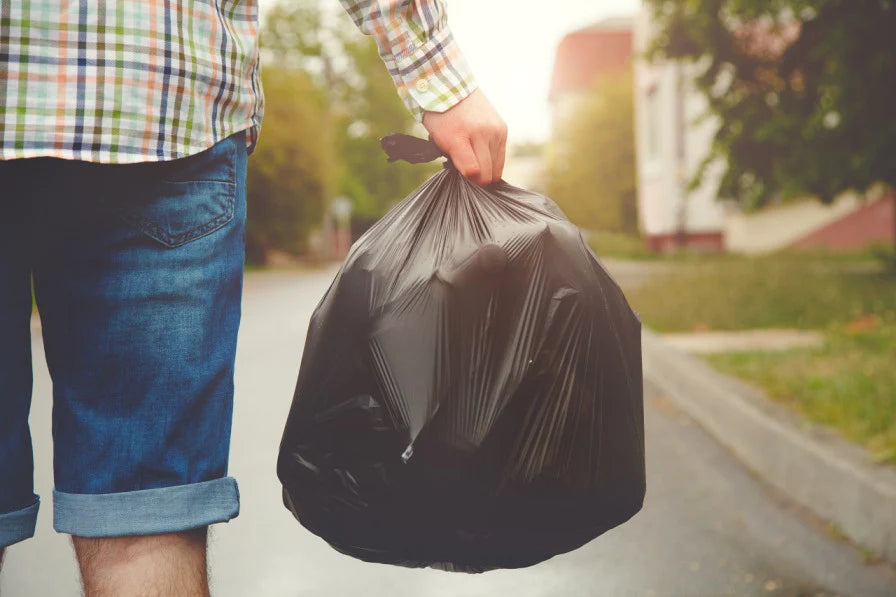OR
Express Checkout
We guarantee to have the lowest price! Find the same bin for a cheaper price and we will beat it!

There are a massive 28,000 homes without wheelie bins across Merseyside, and 14,000 of those are in Bootle.
In Bootle, the sight of black bin bags lining the streets is becoming common, and as a result, residents have formed an action group to tidy up the area. The Bootle Action Group say that the issues with rubbish have been going on for a long time and that it gives people a bad view of the area. They are also concerned that the rubbish will attract rats.
Home that don’t have wheelie bins are given bin bags and the rubbish is collected every week. But because the area is so densely populated, there is often a build up of bin bags a few days before collection day. The problem is not just confined to residential properties either. Businesses like corner shops also have to put their waste out in bin bags.
The council said that the reason many homes don’t have a bin is because the properties don’t have space to store one, and there’s not enough space for refuse vehicles to negotiate narrow streets. It added that the 14,000 properties without a bin in Bootle were deemed unsuitable for a bin a decade ago when wheelie bins were first introduced. The council has asked residents to refrain from putting rubbish on the street too soon and has asked that it’s put out the night before collection or on collection day.
The council has set up a working group to discuss the possible introduction of wheelie bins to properties like the ones in Bootle, and has said they’ll be releasing more details as soon as some firm decisions are made.

Could you do without a wheelie bin?
Hopefully you’re not in the position where you get one bin bag for your weekly rubbish, but even if you’re not, reducing the amount of waste you produce at home is never a bad idea. Here’s how you can easily start throwing less away:
- Get to know a bit about what the recycling symbols mean on packaging and what your local authority accepts for recycling. Recycling more automatically means you’ll throw less waste away.
- Use reusable bags when you go shopping instead of plastic bags. Keep them in your car too so you don’t turn up at the supermarket without them.
- When you go shopping, only buy what you know you will eat. 2 for 1 deals might sound great, but if you know that there’s no chance you’ll eat the second item because it’s perishable, it’s a waste of money and it will only end up going to waste.
- Invest in some reusable containers to store food and keep it fresh for as long as possible.
- Start a compost heap. Much of the food waste you throw away can be composted and it will add essential nutrients to your soil when you put it on your garden.
- Try to repair things rather than replace them. Our throwaway society dictates that we must have the latest iPhone or tablet then as soon as the next one is broken or ‘out of date’ we discard it. Have it repaired or sell it, don’t just leave it to collect dust in a cupboard, or even worse, end up in landfill.
- To avoid getting too much junk mail, take a few minutes to unsubscribe from things you no longer want to receive and sign up for the mail preference service. This means there’ll be less paper and card to discard.
- Don’t use reusable cups and plates. Okay we get it, washing up is not fun. But neither is the waste produced by single-use items that end up in landfill and harm the environment.
- Ditch plastic water bottles and paper cups. These are some of the most discarded items. Buy a reusable water bottle and coffee mug. It will save you money and it’s good for the planet. We call that a win-win.